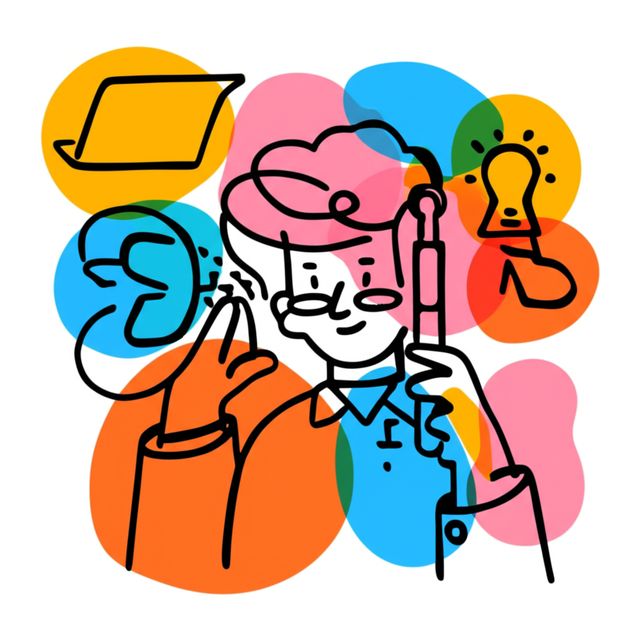Vision Scientist
Vision scientists are responsible for studying the visual system, including the eyes, brain, and visual pathways. They investigate how we see the world around us, perceive depth and motion, and process visual information. Vision scientists may work in a variety of settings, including universities, research institutes, hospitals, and private industry.
Education and Training
Vision scientists typically have a bachelor's degree in a field such as biology, chemistry, psychology, or physics. They then go on to earn a doctorate in vision science or a related field. Vision science programs typically include coursework in optics, anatomy, physiology, and psychology. Students also conduct research under the supervision of a faculty mentor.
Skills and Abilities
Vision scientists need to have a strong foundation in science and mathematics. They also need to be able to think critically, solve problems, and communicate their findings effectively. Vision scientists typically work in teams, so they also need to be able to collaborate with others.
Career Outlook
The job outlook for vision scientists is expected to be good over the next several years. This is due to the increasing demand for vision care services as the population ages. Vision scientists may work in a variety of settings, including universities, hospitals, private industry, and government agencies.
Personal Growth Opportunities
Vision scientists have the opportunity to make a real difference in the lives of others. They can help people to see better, prevent vision loss, and develop new treatments for eye diseases. Vision scientists also have the opportunity to conduct research that can lead to new discoveries about how the visual system works.
Projects
Vision scientists may work on a variety of projects, including:
- Developing new methods for diagnosing and treating eye diseases
- Studying the effects of environmental factors on vision
- Developing new visual aids for people with low vision
- Conducting research on the visual system
Challenges
Vision scientists face a number of challenges, including:
- The complexity of the visual system
- The need to stay up-to-date on the latest research
- The need to work with patients who may have complex medical needs
Self-Guided Projects
There are a number of self-guided projects that students can complete to better prepare themselves for a career as a vision scientist. These projects include:
- Volunteering at a vision clinic or eye hospital
- Conducting research on a topic related to vision science
- Building a portfolio of your work
Online Courses
Online courses can be a great way to learn about vision science and prepare for a career in this field. Online courses can provide students with the opportunity to learn at their own pace and on their own schedule. They can also be a great way to connect with other students and professionals in the field.
There are a number of online courses available that can help students to learn about vision science. These courses cover a variety of topics, including:
- The anatomy and physiology of the eye
- The visual system
- Ocular diseases
- Vision therapy
Online courses can be a helpful learning tool for students who are interested in a career as a vision scientist. However, it is important to note that online courses alone are not enough to prepare students for a career in this field. Students who are interested in a career as a vision scientist should also consider pursuing a bachelor's degree and a doctorate in vision science or a related field.
Conclusion
Vision science is a challenging and rewarding field. Vision scientists have the opportunity to make a real difference in the lives of others by helping to prevent vision loss and develop new treatments for eye diseases. If you are interested in a career in vision science, there are a number of resources available to help you get started.


